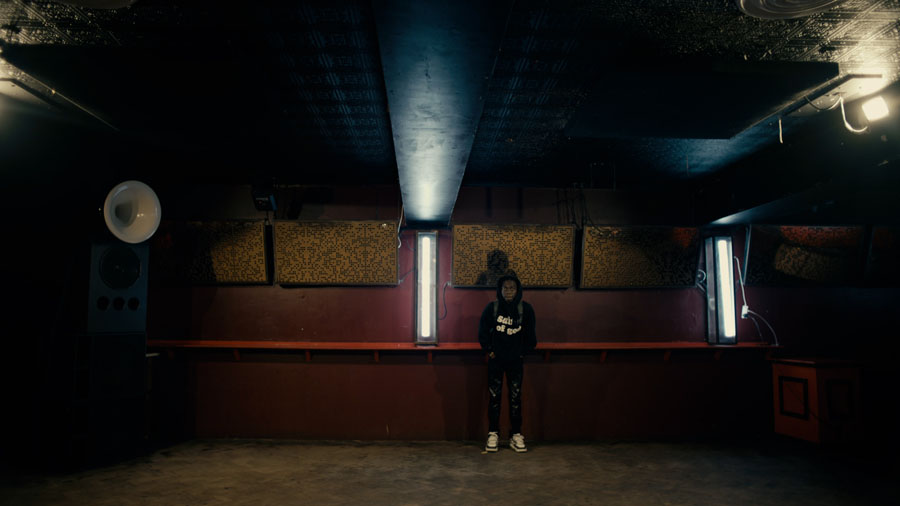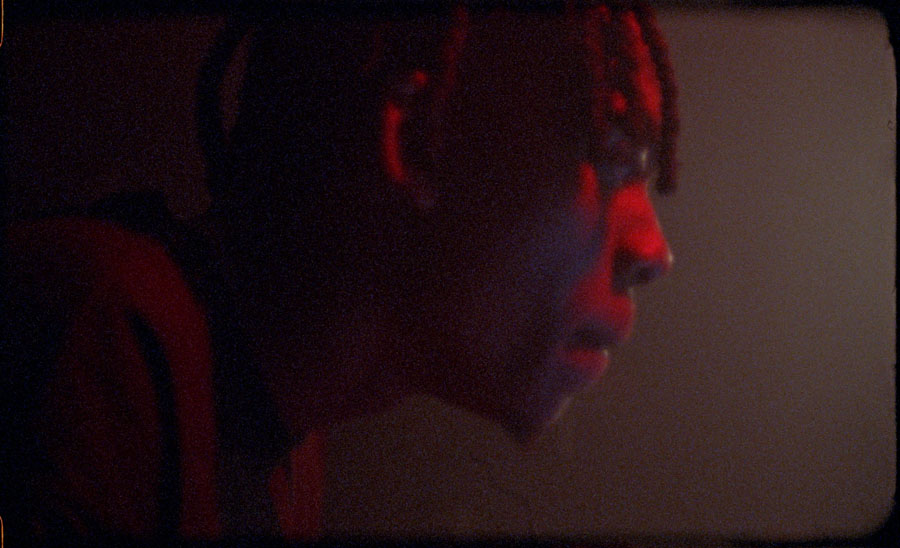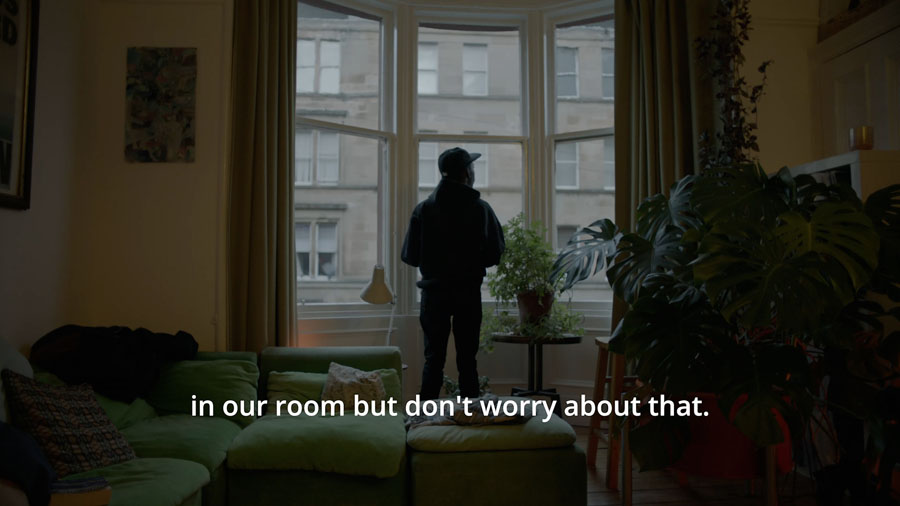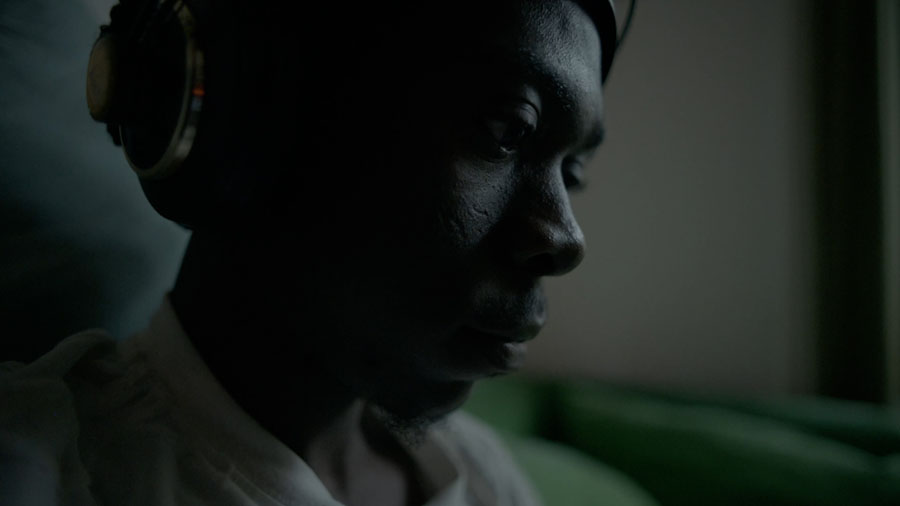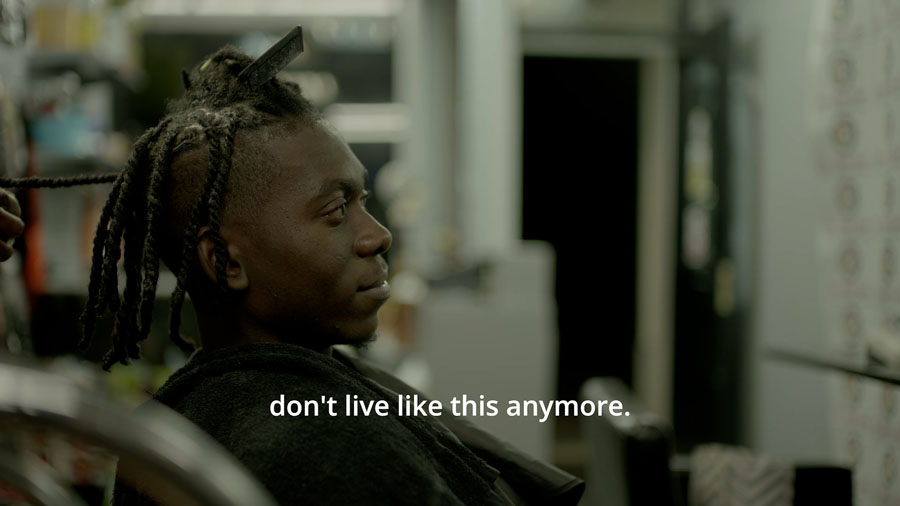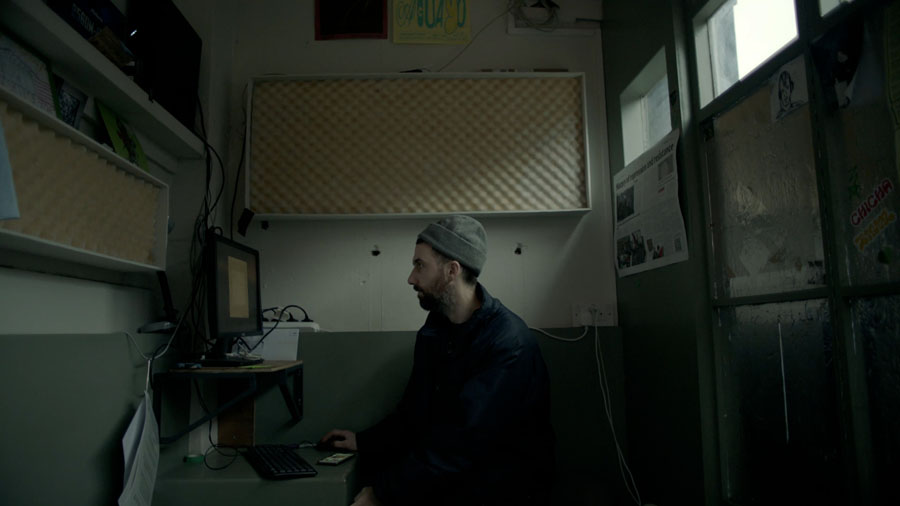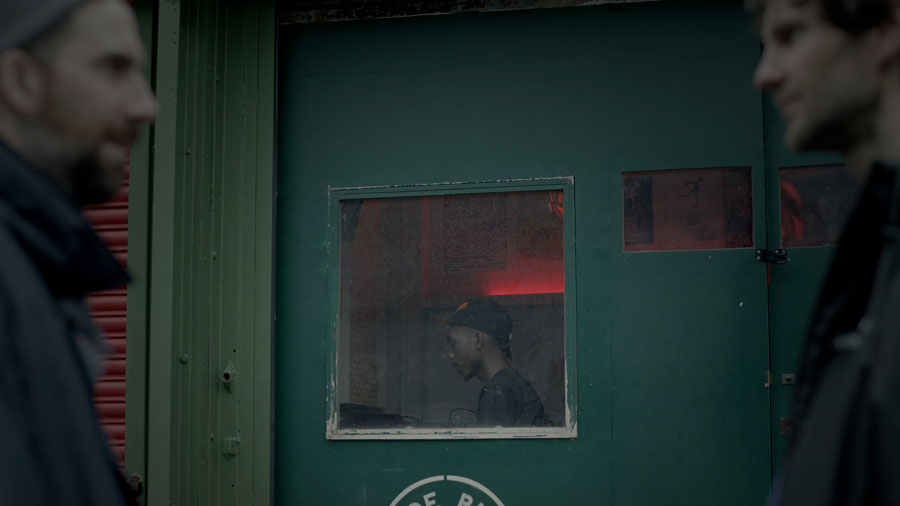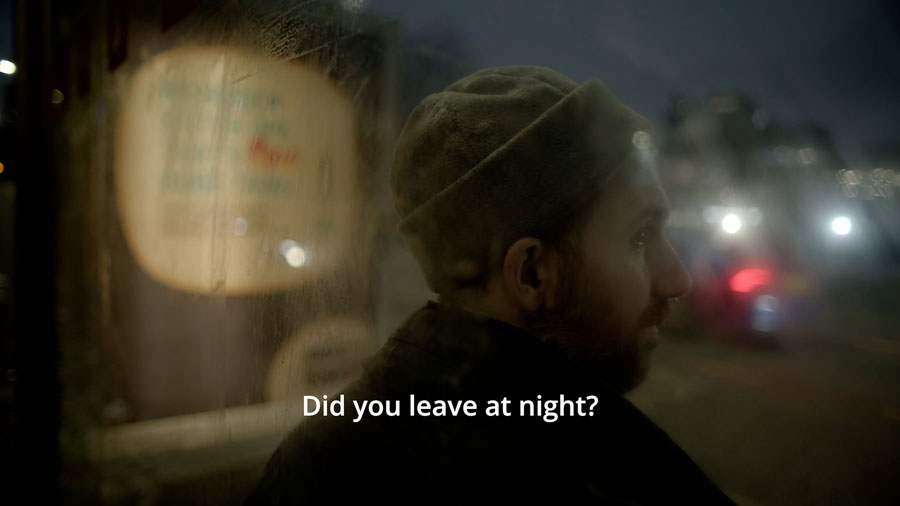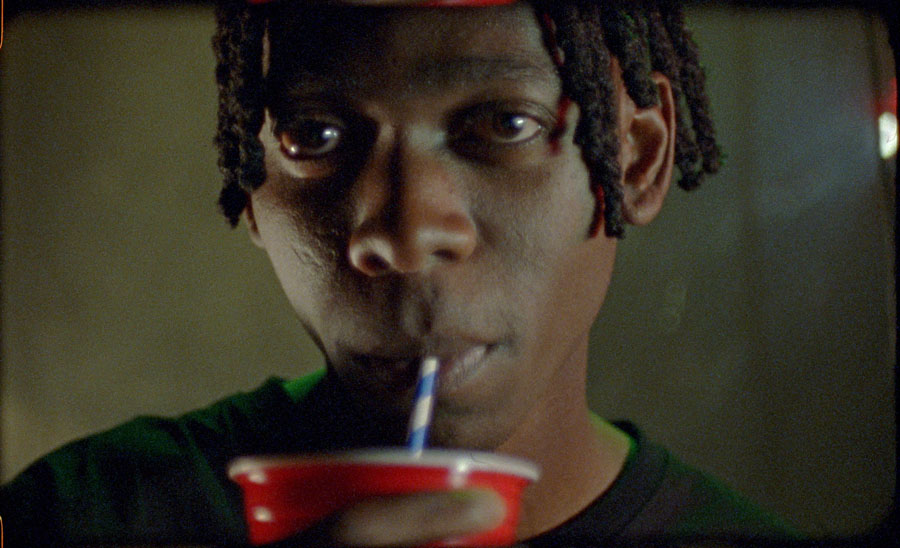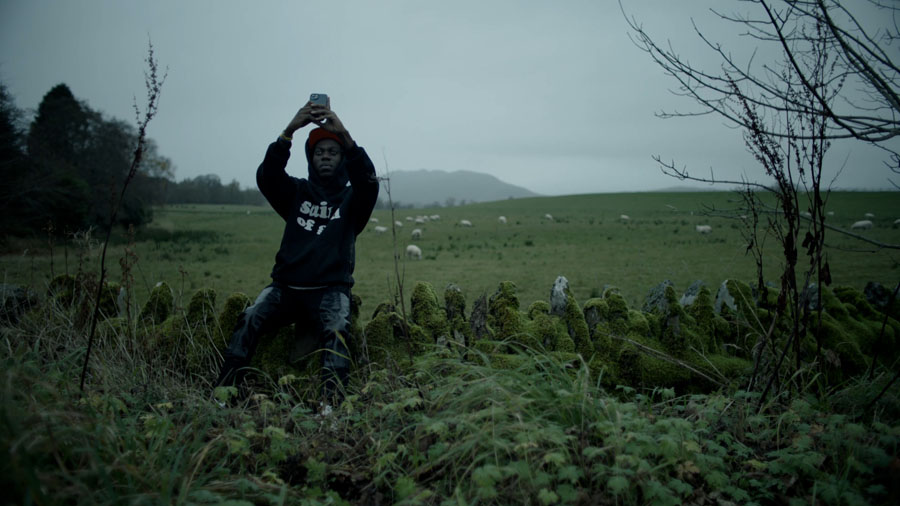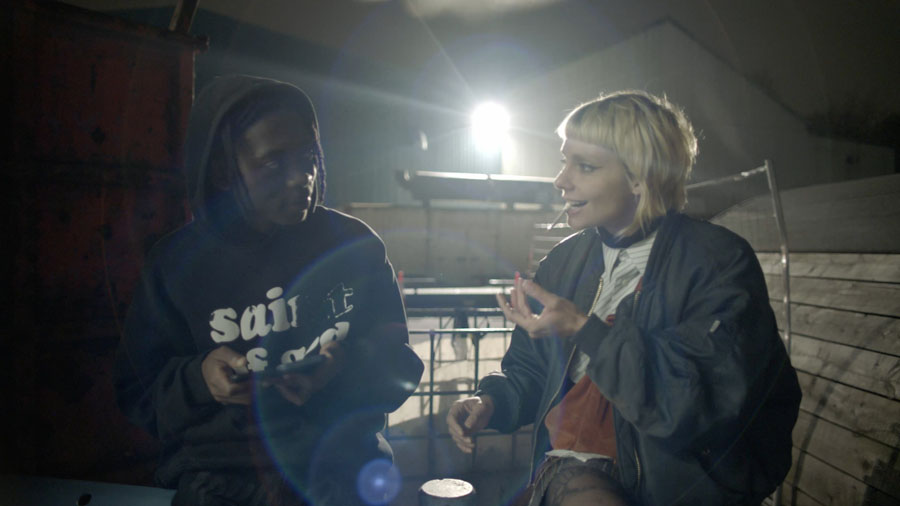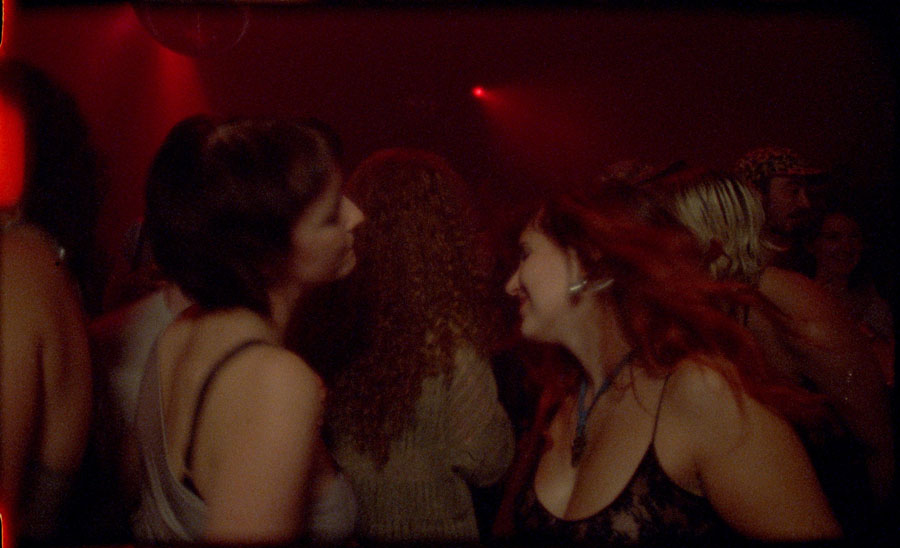A DAY FOR EVERYTHING
SYNOPSIS
On a gray November, HAMADI aka DJ TRAVELLA tours across the UK, bringing with him the wild, enigmatic beats of Singeli, a bizarre sound from his homeland, Tanzania. While he plays in trendy clubs where he’s celebrated, back in Tanzania, Singeli pulses through the streets in a frantic, hypnotic ritual.
MOODY, like many young Tanzanians, loves Singeli but he has little time for his passions, as he works all day as a factotum in a tourist village on an island. Despite being on the beach every day, he is afraid of the sea, and his dream is to open a money transfer business.
YIN, on the other hand, is already living her aspiration: teaching Chinese in Africa; a language that, despite the distance, feels closer than ever as they chase new opportunities in a rapidly globalizing world.
DOSSIER
A Day for Everything is a documentary exploring the explosive rise of “Singeli,” a music genre that has become a powerful voice for the youth of Tanzania. Known for its fast-paced rhythms, hypnotic beats, and electrifying energy, Singeli has transcended borders, with events like Uganda’s Nyege Nyege festival showcasing the genre to an international audience.
The film follows the journey of 24-year-old DJ Travella (Hamadi), a rising star in the Singeli scene, as he embarks on an international tour in the UK. Through Hamadi’s journey, the documentary tackles themes of privilege, the global inequalities of neo-colonialism, and the exploitation of the Global South.
In parallel, the film introduces two other characters in Tanzania. Moody, an orphan raised on Mafia Island, struggles with financial instability, serving western visitors at a small tourist village while dreaming of opening his own business. However, without a passport or the ability to travel, his aspirations seem out of reach. Yin, a Chinese woman who moved to Tanzania to teach Chinese, represents the growing influence of China in Africa. The locals see her presence as a gateway to potential job opportunities with Chinese companies, highlighting the complexity of modern global connections.
Three parallel stories. Three different passports. Hamadi can leave Tanzania, Moody cannot, even if he wanted to, and Yin has chosen to live there. A Day for Everything is not only a musical journey but a deep dive into the social and political dynamics at play. It offers a window into Tanzanian culture, shedding light on the transformative power of music as a tool for social change, resilience, and personal empowerment.
This documentary is a compelling exploration of music’s role in shaping identity and resistance, providing a unique perspective on the complexities of globalization and the lived realities of young Tanzanians.
DIRECTOR’S STATEMENT
As an Italian with one of the world’s most powerful passports, my perspective on this issue is shaped by my background. Through this lens, I explore what could be seen as “cultural colonization.” Having lived in London since the years following Brexit, searching for a job or now, a future my experience echoes that of the characters I wish to portray. In this search, I recognize my own position within the colonial legacy, acknowledging that as a European, I am both a participant in and a product of the colonial system, even in the more subtle, contemporary forms it takes today.
While countries like England, a former colonizer of Tanzania, celebrate diversity by promoting artists like DJ Travella, there is a risk of treating his music as an exotic attraction rather than recognizing it as part of a rich cultural heritage. DJ Travella’s success in European festivals highlights this paradox: he is celebrated as a symbol of diversity, but is he truly understood, or is his music consumed in a superficial way? Is the system celebrating him, or is it exploiting him for profit?
Similarly, Yin’s story raises questions about neo-colonialism how teaching Chinese in Tanzania can be seen as a subtle way to extend global influence. For people like Moody, who remain unaware of these dynamics, the line between collaboration and exploitation is often unclear.
This documentary seeks to engage with these complex issues, prompting us to reconsider how we, as Western audiences, engage with cultures from the Global South not just as curiosities to consume, but as histories and stories to respect and understand. As a filmmaker, I aim to position myself within this conversation, questioning my role and the implications of my perspective on the colonial legacies that continue to shape our world today.
I recognize that telling this story places me within the very system I seek to examine. I don’t stand outside these dynamics I am part of them. This film is an attempt to negotiate that position, using a poetic visual language. Through this approach, A Day for Everything is not just an exploration of Singeli or migration, but a reflection on how we define belonging, authorship, and the spaces in between.
STYLE
The documentary will follow an observational style. Rather than using formal interviews, we aim to follow organic situations where the conversations feel like they are being “overheard” naturally.
A key visual element will be the contrast between 16mm film and digital footage. The use of digital cameras will represent the director’s point of view, capturing the present moment with as little interference as possible, trying to avoid “contaminating” the environment. The switch to 16mm film will be used as a device to create a dialogue, emphasizing a contrast within the characters’ narration and signaling a shift into their inner world and desires. This change will be an intentional disruption, one that pulls the audience out of the documentary’s formal structure. Once the film returns to the digital format, the viewer will have the sensation of stepping back into the director’s perspective, a reminder of the ongoing tension between observation and involvement.

